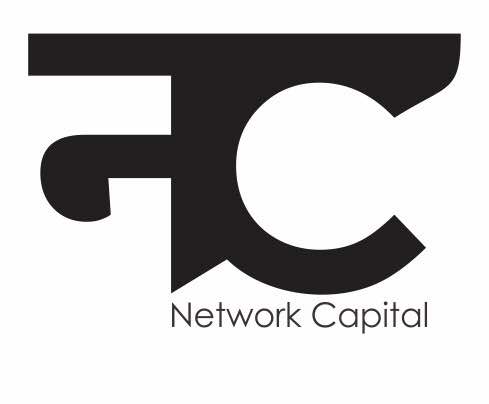The first era of the web, or Web 1.0, was about how we process and consume information. Yahoo, Netscape, Craigslist, AOL were Web 1.0 companies. Google “won” this era by democratising information and building a solid advertisement-driven business model on top of it.
The second era of the internet, Web 2.0, gave birth to platforms that enable interaction, giving us Facebook, Instagram, Twitter, Reddit, LinkedIn, etc. Information, goods, and services were brought under the same umbrella. People started taking cabs, going on trips and dates, and building work partnerships with strangers. On Uber, you could hail a cab or make some side income driving after work. On Instagram, posting content and watching videos became a thing. And finally, “influencer” became a noun instead of a verb.
Peer-to-peer (P2P) exchange of information was the defining characteristic of Web 2.0. It also propelled the growth of the internet but most of the economic benefits went to large, centralised platforms who set the rules and controlled data flow. This created a complicated relationship amongst the platforms, participants, and policymakers. The policymakers wanted to regulate the internet but weren’t sure how to go about it. The participants were happy with the economic benefits but disgruntled with the unequal distribution. The platforms felt they were being attacked from all corners, despite their contribution to the internet explosion. The fundamental challenge of the Web 2.0 era was concentration of power, influence, data, and capital.
Enter Web 3.0. A new type of digital product has started gaining traction around the world, one that is co-owned, co-created, and co-run. This constitutes the third era of the internet and is defined by decentralisation, declining trust in institutions and a new way of looking at value creation and value capture. We are already seeing some of it in action in the media world. For instance, Mirror.xyz. describes itself in this way –
“Joining Mirror does not only make you a community member. It makes you a co-owner of the platform. As a result, our platform is a sum of our contributors. While we are eager to grow Mirror to a monumental scale, we’ll first be granting access on an individual basis to ensure a quality foundation”
On Mirror, writers can raise capital to do research, draw a monthly salary for expenses in advance from readers to write the book/article/novel they want to read. And these readers/investors get a bigger stake in the pie. Essentially, it makes the relationship more well-defined. The outcome is tangible, the terms are well-understood, and the scope of failure is reduced. Organisations, digital products, media, and social networks like Mirror would play a crucial role as the internet enters its third phase.
According to the World Economic Forum, 85% of the jobs of 2030 don’t exist today. With the passion economy becoming mainstream, new kinds of careers drawing upon a person’s intrinsic curiosity will become the norm and crypto will play a major role. Take blockchain based video game Axie Infinity as example.
Axie Infinity’s Answer to the Unemployment Crisis
This blockchain-based game has empowered an entire generation of Filipinos to venture into the passion economy and create a meaningful living doing something they enjoy. All this when literally every other avenue seemed to be shut. Without these video games many families would not be able to afford medicine, send children to school or put food on the table.
Millennials and GenZs -both in large cities and tiny villages - started making double the minimal wage by first familiarizing themselves with the Axie Infinity ecosystem and then finetuning their gaming skills. Every win meant more money.
It was baptism by fire. Anyone playing Axie Infinity needs to have a basic understanding of blockchain and cryptocurrency. It turned out to be both educational and fun. More importantly, it made the participants connect with the larger digital economy where one does not need to be defined by one’s physical location.
Web 3 and crypto have the power to fundamentally alter the alchemy of how we work, who we work with and what we work on.
Excited to embark upon this journey of exploration?

